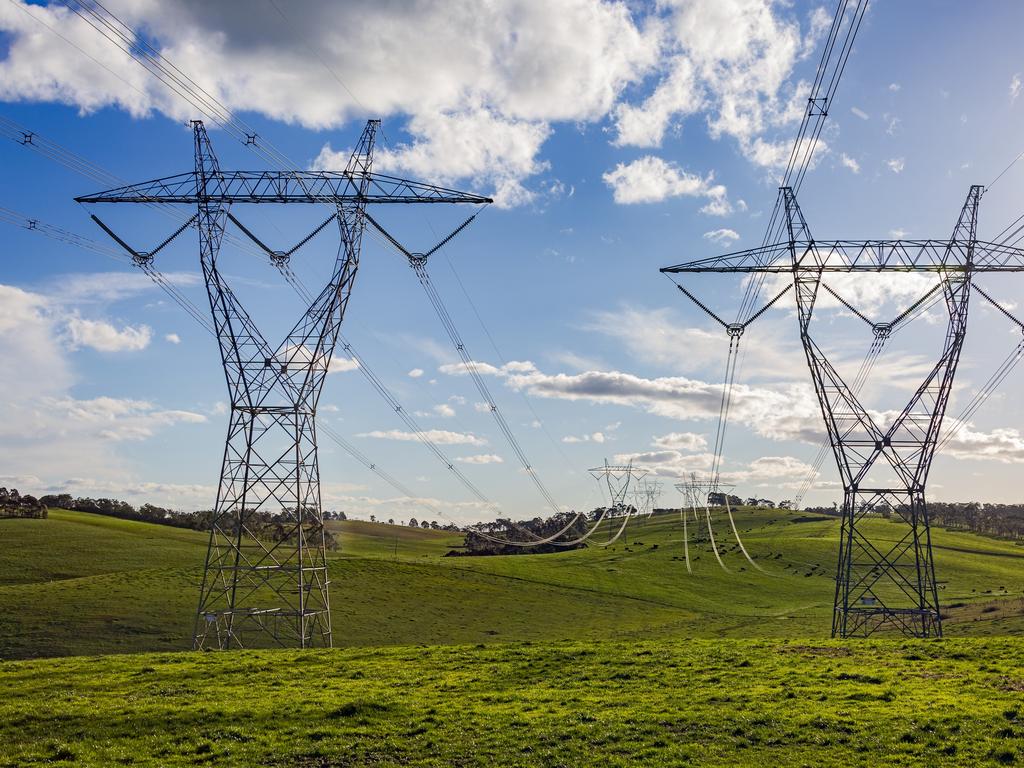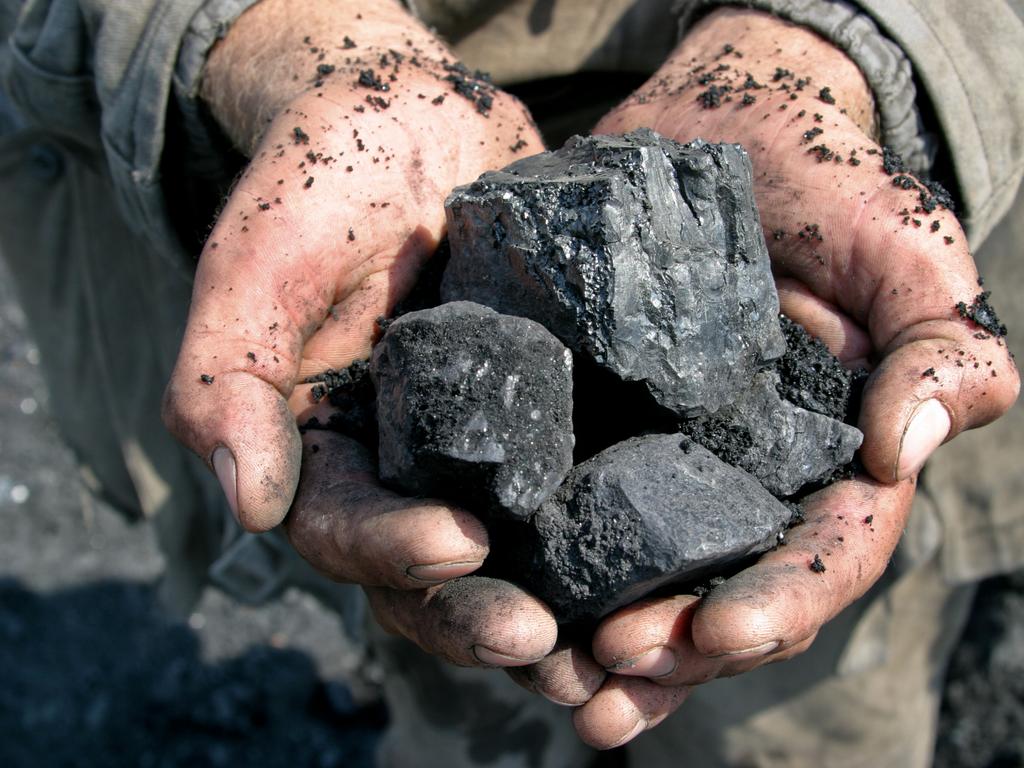Carbon fight on all fronts for Labor
Anthony Albanese faces a parliamentary defeat over his plan to legislate a 43pc emissions reduction target by 2030.

Anthony Albanese faces a parliamentary defeat over his plan to legislate a 43 per cent emissions reduction target by 2030, as the Greens, the Coalition and teal independents line up to block the bill.
The Prime Minister said on Thursday he would move to enshrine his medium-term emissions-reduction policy in legislation when parliament returned on July 26, sparking demands from Greens leader Adam Bandt and teal independents for higher targets to combat climate change.
Mr Albanese’s promise to end the climate wars will come under fire if he fails to secure the support of the Greens in the Senate after senior Coalition figures ruled out backing Labor’s target. After conceding “we don’t need the legislation”, Mr Albanese said he hoped the parliament would back Labor’s “clear mandate … and seize this opportunity to head Australia in the right direction”.
“This is economic reform. It’s substantial, but it will have an environmental benefit,” Mr Albanese said. “Updating Australia’s 2030 emissions-reduction target is a promise our government made to the Australian people. When parliament resumes, we will move quickly to enshrine Australia’s 2030 and 2050 targets in legislation, providing the certainty industry and investors have been seeking.”
With Labor’s primary vote plunging to 32.6 per cent on May 21, Mr Bandt said his team of four lower house MPs and 12 senators would hold Labor to account. “Labor’s already planning to undo any of parliament’s good work by opening new coal and gas projects,” he said. “The emissions from new coal and gas projects, like the up to 13 per cent increase to Australia’s pollution from proceeding with Beetaloo, aren’t included in Labor’s modelling.
“When this legislation comes to parliament we’ll be pressing the government to stop opening new coal and gas projects, because if Labor opens new coal and gas mines, it will wipe out emissions reductions from new climate laws.”
Our government will be one that brings the country together. Tonight I'm meeting with state premiers and chief ministers ahead of National Cabinet tomorrow. Working together, we will build a better future for all Australians. pic.twitter.com/ENPdsootlW
— Anthony Albanese (@AlboMP) June 16, 2022
Opposition climate change spokesman Ted O’Brien said he was “not a fan” of legislating climate targets because it risked unintended consequences. “If you legislate a climate target, it typically shifts responsibility from elected officials to unelected bureaucrats who are not accountable to the people at election time,” he said. “Legislation isn’t required. But if Labor goes down that path, it will be for them to explain how a legislated target will be achieved, how much it will cost and who pays for it.”
Senior Coalition sources warned that a legislated target could embolden activists to block resources and electricity projects and be used to engage in lawfare targeting the infrastructure and agriculture sectors.
Mr Albanese and Energy Minister Chris Bowen were joined by union, industry and clean energy leaders to sign an updated nationally determined contribution, enshrining their 2030 target under the UN Paris Agreement. In a speech to a climate change summit on Friday, Mr Bowen will accuse the Coalition of lacking commitment to the energy “transition or to policy certainty”.
“The opposition has proposed a so-called discussion of nuclear energy,” Mr Bowen will say. “Nuclear is the most expensive and slowest form of new energy. Its adoption in Australia would push up power prices, and crowd out cheaper and cleaner technologies. Firmed renewables are quicker to build and cheaper to operate. Those who say otherwise are either dangerously ignorant, or simply seeking to perpetuate the climate wars.”
Teal independents Zoe Daniel, Allegra Spender, Helen Haines and Zali Steggall said they would push for higher medium-term targets, although Labor does not need their support to pass its bill through the lower house where it holds a majority with 77 seats.
Newly elected ACT senator David Pocock – whose vote is key for Labor to push legislation through the upper house – said he was open to pursuing a higher target amid “significant support” for climate action in the community. “However, I am also committed to a pragmatic, outcomes-focused approach to considering and voting on legislation,” he said.
Climate Council chief executive Amanda McKenzie said while Labor’s target was a “significant step forward, it would need to be strengthened to reduce emissions this decade.
Ms Daniel said she would not budge on her 60 per cent target, arguing the government’s plan would not prevent “catastrophic” consequences for the economy and environment. The Goldstein MP said an independent climate body “with teeth” must be established to hold parliament to account on the implementation of climate policies.
Ms Spender said she would reject Labor’s target because a more ambitious goal would provide certainty to business.
Ms Steggall, who put forward her own climate change bill in the 46th parliament, will seek to lift the government’s target to 60 per cent.
Ms Haines said “more must be done” to slash emissions because experts say “Australia must reduce emissions by 60 per cent by 2030 in order to maintain a safe climate and achieve net zero emissions by 2050”.
North Sydney MP Kylea Tink and Mayo MP Rebekha Sharkie – who were backed by Climate 200 – said they were open to discussions with Labor. Ms Sharkie said she would back Labor’s target despite her preference for more ambitious action.
Mr O’Brien said the legislated target must be accompanied by a plan to reduce power bills for households and businesses, as promised by Mr Albanese during the election campaign.







To join the conversation, please log in. Don't have an account? Register
Join the conversation, you are commenting as Logout